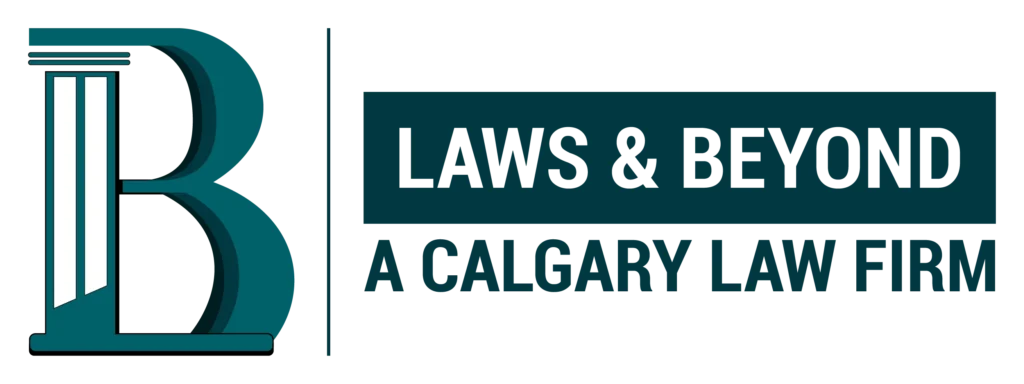Defamation is typically harming another person’s reputation by making a false oral or written statement about the person to a third party. When looking into defamation, we must also acknowledge that the Canadian Charter of Rights and Freedoms grants every citizen the right to freedom of opinion, belief, expression, and thought, including the freedom of the press and other media of communication.
However, defamation law does not serve to protect pride, but rather to protect reputation and offer restitution to individuals whose reputations have been wrongly hurt.
The Limited Nature of the Right to the Freedom of Expression and the Press
The right to freedom and the press is not absolute under the Charter of Rights and Freedoms. There are several forms of expression that amount to crimes under Canadian law. Such forms of expression include hate speech, perjury, and distributing obscene material.
There are other limits to freedom of expression that have nothing to do with the government’s restrictions. A perfect case in point in that regard is the civil tort of defamation.
Explaining Defamation Under Canadian Law
The tort of defamation does not seek to curb one’s right to free expression directly and is thus not illegal per se. On the contrary, defamation is about paying damages or reinstitution to people harmed by defamatory speech or statements.
As such, you are still free to say whatever you want, but you will have to pay the price for defamatory statements (and you will pay a lot for that). Although Canadian courts have occasionally issued injunctions to stop defamation, a majority of defamation cases entail one person suing another for damages arising from defamatory statements that have already been made.
In Canada, defamation varies from province to province. However, in Alberta in civil claims, as per the Defamation Act, there is no differentiate between slander and libel.
Defamatory Libel- Criminal Code
Libel is defamation with a permanent record, which can come in the form of website posting, emails, newspapers, radio and TV broadcasts, etc.
According to the Canadian Criminal Code, defamatory libel is defined as information published without any lawful justification that might injure the reputation of another person by exposing them to contempt, hate, or ridicule. Information posted to insult the person of or concerning whomever it is published also amounts to defamation.
Defamatory libel is expressed either directly, by irony, or insinuation in words legibly written on any substance or by any object that signifies defamatory libel otherwise than by words.
When suing for libel in Canada, you are not required to prove that you suffered damages. Instead, you only have to prove that false statements with permanent records were made about you. The court will automatically presume that damages were suffered.
Defamatory Slander
Slander is defamation without a written record, such as hand gestures and spoken statements. When suing for slander, you must prove that you suffered damages. Establishing that slander caused financial losses is a tad challenging, which is why slander cases are fewer than libel cases in Canada.
There are several key cases that helped shape the defamation legal framework in Canada. In Hill v Church of Scientology of Toronto(1995), the Supreme Court of Canada departed from American standards that required actual malice for libel. This precedent has made defamatory libel easier to prove in Canada than in the United States of America.
The court also went ahead to dismiss the argument that the award of damages in such cases would trigger a “libel chill” (refraining from expressing oneself out of fear of being sued for defamatory libel) in Canada. The court awarded Mr. Hill $1.5 million in damages.
While the law around the tort of defamation does not outrightly prevent defamation or illegalize it, the amount of money the convicted defendant has to pay is sufficient deterrence. At times, the damages can be financially crippling.
In Myers v CBC, 2001 CanLII 4874 (ON CA), and Leenan v CBC, 2001 CanLII 4997 (ON CA), the court ordered CBC to pay damages to two cardiologists falsely and wrongly portrayed in a CBC program. These precedents show that Crown corporations, including broadcasters of content created by others, can be held liable for defamation.
On the other hand, in Grant v Torstar (2009), 3 SCR 640, the Canadian courts established a new defence against defamation allegations; the defence of responsible communications for journalists. The court was of the opinion that Canada’s defamation law was overly strict in comparison to other similar jurisdictions. As a result, there was a chilling effect on the published content and information that is reliable and in the public interest may never get to see the light of day. To further protect journalists, the Canadian court, in Crookes v Newton, [2011] 3 SCR 269 ruled that publishing a hyperlink to defamatory content does not amount to libel because hyperlinking does not count as publishing the material in question.
Defamatory Bad Google Reviews
One “disgruntled” Canadian customer who ended up posting negative reviews on Yelp and Google accusing a British Columbia business of fraud was recently ordered by the Province’s Supreme Court to pay $90,000 in damages for defamation. Longhouse Specialty Forest Products sued Tyler Ginther for $675,000 in damages resulting from two online reviews posted in 2017 and 2018. The plaintiff argued that the reviews damaged their business’ reputation and caused financial losses.
In Premier Finance Ltd. v Ginther, 2022 BCSC 1461, the judge held that Ginther’s reviews about the business were defamatory because they were untrue and malicious. Considering that the negative reviews were online for many years and would have been found by anyone searching for the business online, the court found that they could have deterred prospective clients and harmed the business’ reputation.
Similarly, in Houseman v Harrison; [2020] SJ No 56, two employees dismissed “with cause” by the dental clinic, started posting anonymous defamatory reviews on Rate MDs and the Google Review site against Dr. Houseman. The comments published on these sites alluded to deficient dental work and lack of professionalism, among other complaints. The court held that Mr. Houseman was entitled to a damage award without proof of actual damages. Mr. Houseman was given total damages of $240,000, in general damages, punitive damages, and aggravated damages.
Buyers must conduct thorough due diligence to validate information provided by sellers. This involves reviewing financial statements, contracts, permits, licenses, and background checks. Understanding legal requirements during due diligence is crucial for informed decision-making.




